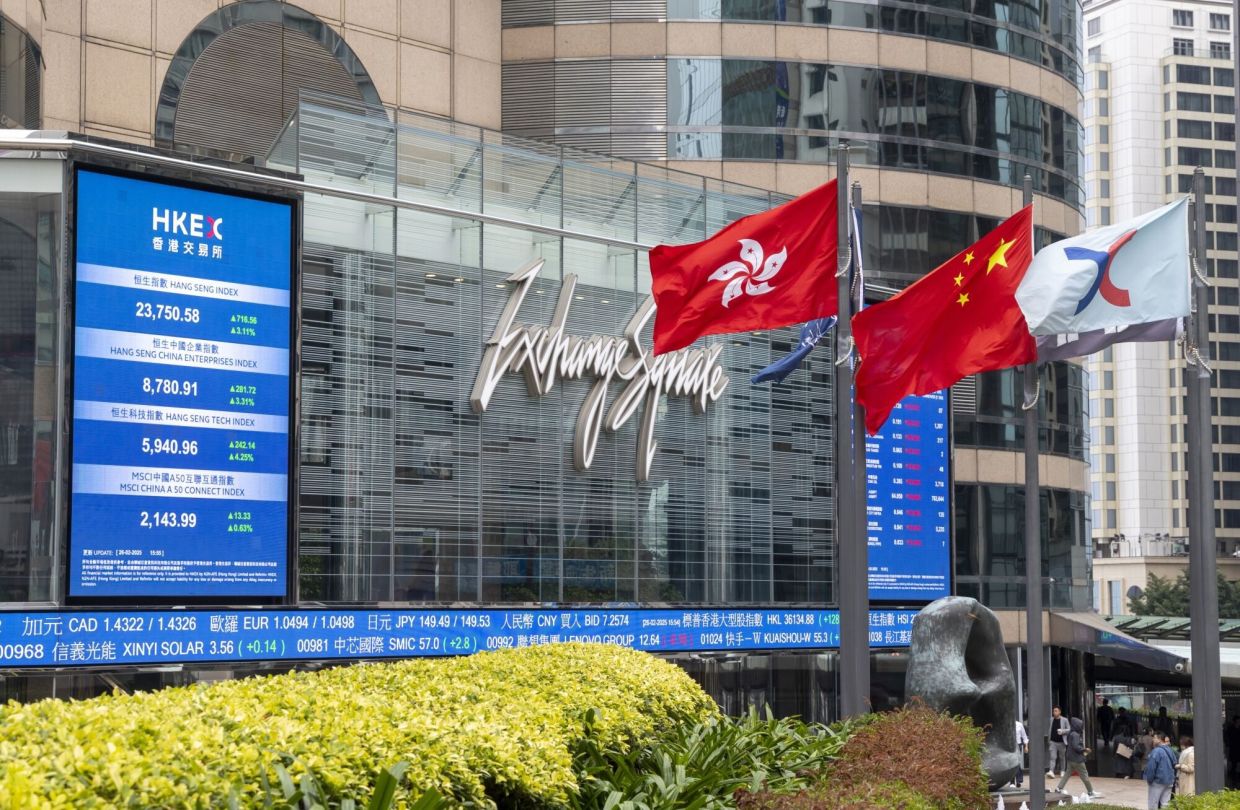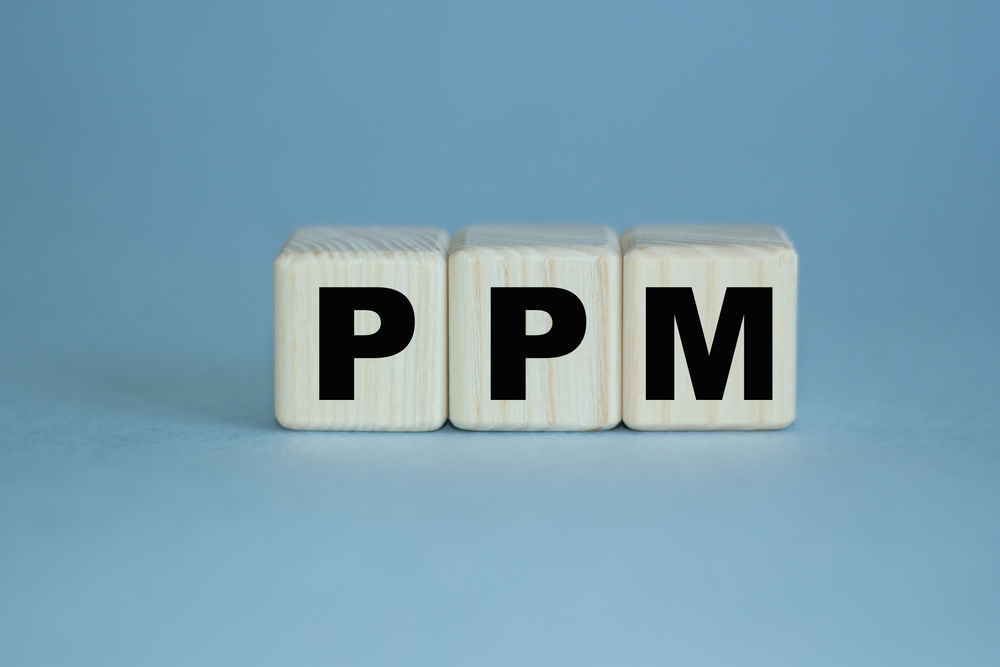Localizing real-time multiplayer games like League of Legends is no small feat. With millions of players collaborating across global servers, ensuring seamless communication is critical to the gaming experience. Take the Chinese term “打野” (dǎ yě), which translates to “jungling” in English. This term, specific to the role of roaming the map’s jungle, must be instantly clear to players in the heat of battle. But achieving this clarity across languages and cultures is fraught with challenges. Let’s dive into the unique hurdles of real-time game localization and how developers can overcome them to enhance cross-border collaboration.
The Unique Challenges
- Terminology Consistency: Multiplayer games rely on precise, game-specific jargon. A term like “jungling” must be consistently translated across all platforms—chat, UI, and tutorials—to avoid confusion. Inconsistent translations, such as rendering “打野” as “wild hunting” instead of “jungling,” can disrupt strategy discussions and alienate players.
- Real-Time Translation Needs: In fast-paced games, real-time voice and text chat demand instantaneous translations. Current machine translation tools often struggle with slang or context-heavy phrases, like translating a player’s taunt or strategic callout accurately under time pressure.
- Cultural Adaptation: Humor, slang, and cultural references don’t always travel well. For instance, a playful insult in one language might offend in another if not carefully localized. Striking a balance between authenticity and cultural sensitivity is key.
Enhancing Cross-Border Collaboration
Effective localization fosters a sense of community among players worldwide. When League of Legends localizes terms like “ADC” (Attack Damage Carry) or “CC” (Crowd Control) into equivalent terms in other languages, it ensures players from different regions can strategize together seamlessly. This clarity strengthens teamwork, reduces miscommunication, and creates a more inclusive gaming environment. For example, Riot Games’ dedicated localization teams work closely with native speakers to refine translations, ensuring terms resonate with local players while maintaining universal clarity.
Success Stories in Localization
Games like Overwatch and Valorant excel in localization by leveraging regional beta testing and community feedback. Blizzard and Riot Games employ native-speaking playtesters to catch cultural nuances early, ensuring terms and voiceovers feel natural. Overwatch’s localized voice lines, for instance, adapt character personalities to reflect cultural humor, making heroes like Tracer or Reinhardt relatable globally. These games also update translations based on player feedback, keeping terminology relevant as gaming slang evolves.
Technical Solutions
To tackle these challenges, developers can adopt innovative tools:
- Dynamic Translation APIs: Integrating APIs like DeepL or Google Translate with context-aware algorithms can improve real-time chat translations, though they need fine-tuning for gaming slang.
- Community Feedback Mechanisms: Platforms like Discord or in-game forums allow players to suggest better translations, ensuring terms like “打野” evolve with the community’s input.
- AI-Assisted Localization: Machine learning models trained on gaming-specific datasets can predict and refine translations for new slang, reducing manual workload while improving accuracy.
Why It Matters
Localization isn’t just about words—it’s about building bridges between players. When done right, it transforms a game into a global stage where players from Shanghai to São Paulo can strategize, banter, and bond. By investing in consistent terminology, real-time solutions, and cultural nuance, developers can create immersive, inclusive experiences that resonate worldwide.
What’s your take? Have you encountered localization challenges in multiplayer games, or seen a game nail it? If you have any game localization needs, please feel free to contact Artlangs Translation!











